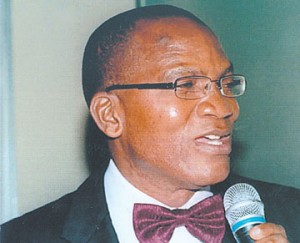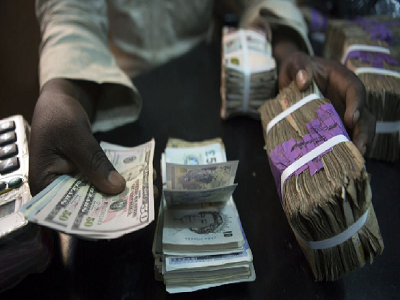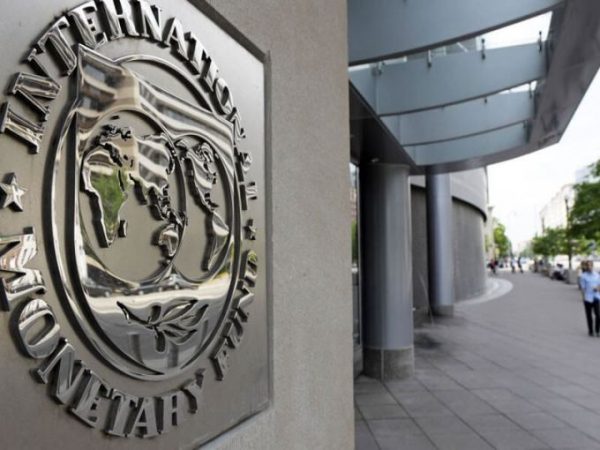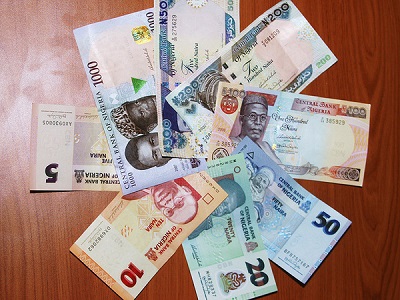Domestic debt servicing gulped N1.23tn in 2016 – DMO

The servicing of Nigeria’s domestic debt gulped N1.23tn in 2016, statistics obtained from the Debt Management Office have revealed.
The statistics showed that the highest interest payment of N839.79bn was made on funds borrowed using the instrument of FGN Bonds.
Similarly, N335.58bn interest was paid on Nigeria Treasury Bill, while debts incurred via Treasury Bonds recorded a debt service payment of N29bn last year.
A principal value of N25bn of Treasury Bonds was also repaid within the year.
The N1.23tn paid in servicing the domestic debt of the Federal Government was spread throughout the 12 months of the year.
The Federal Government had in 2015 spent N1.02tn to service its domestic debts. This comprised N25bn spent on the repayment of the principal and N993.13bn spent on interest.
This means that in one year, between 2015 and 2016, the cost of serving the Federal Government’s domestic debt rose by N208.76bn.
In a report on the cost of domestic debts, the DMO attributed the increasing cost of debt servicing to an equally increasing domestic debt profile and rising interest rate.
The report stated, “The FGN’s domestic debt service as of end of December 2015 amounted to N1.02tn compared to N865.81bn in the corresponding period of 2014, and representing an increase of N152.32bn or 17.59 per cent.
“This amount comprised principal repayment of N25bn and interest payment of N993.13bn. By instrument type, FGN bonds debt service accounted for 62.41 per cent of the total debt service payment, while payments in respect of the Nigerian Treasury Bills and Treasury Bonds were 31.83 and 5.76 per cent, respectively.
“The trend analysis shows a continued rise in FGN’s domestic debt service payments from 2011 to 2015, which was attributed to the increase in domestic debt stock, as well as the higher interest rates, which led to the rise in the cost of borrowing in the domestic debt market.”
In another document entitled: ‘Nigeria’s Debt Management Strategy, 2016-2019’, the DMO said at least 30 per cent of the nation’s domestic debt would fall due in the next one year.
It stated, “The implied interest rate was high at 10.77 per cent, due mainly to the higher interest cost on domestic debt. The portfolio is further characterised by a relatively high share of domestic debt falling due within the next one year.
It added, “Interest rate risk is high, since maturing debt will have to be refinanced at market rates, which could be higher than interest rates on existing debt. The foreign exchange risk is relatively low given the predominance of domestic debt in the portfolio.
“The main risks to the existing public debt portfolio are (i.) the high refinancing risk, given that more than 30 per cent of the domestic debt matures within one year; and, (ii.) the high interest rate risk arising from the high proportion of domestic debt due for re-fixing within the coming year, and therefore, exposed to changes in interest rates.
“The direct exposure to exchange rate risk is limited due to the low share of debt denominated in foreign currencies and low interest rate at concessional terms that apply to most of external debt. Regarding domestic debt, the large amount of short-term securities in the portfolio implies a relatively higher exposure to an interest rate increase, and additional high refinancing risk.”







